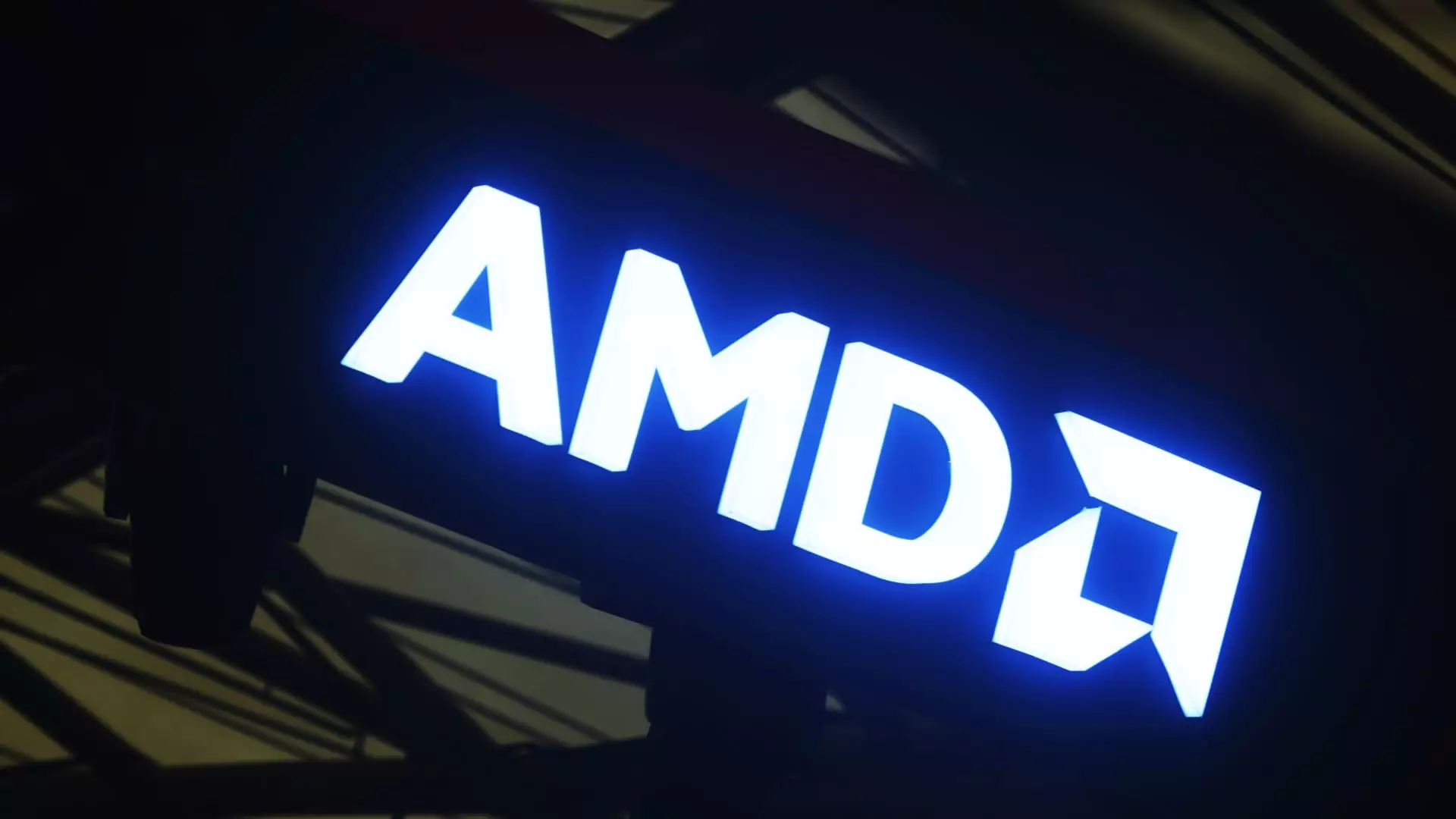In a recent interview with CNBC, Victor Peng, the president of Advanced Micro Devices (AMD), revealed the company’s strategy to compete with industry giants Nvidia and Intel in the AI market. According to Peng, AMD is placing its bet on AI PCs, as the market for these devices is expected to continue expanding. AI PCs refer to personal computers that are equipped with processors specifically designed to perform AI functions such as real-time language translation.
Tech research firm Canalys predicts that the boom in generative AI will boost PC sales, with an estimated 60% of PCs shipped in 2027 being AI-capable. The interest in AI has skyrocketed following the success of ChatGPT, a chatbot known for its ability to generate human-like responses to user prompts. HP’s President and CEO, Enrique Lores, also expressed excitement about the impact of AI PCs, but acknowledged that it would take some time before they penetrate deeply into the market. Initially, AI-powered devices will target specific segments of the enterprise PC market, but as more use cases emerge and costs decrease, their deployment is likely to expand to the broader market.
The Catalyst for PC Upgrades
According to research firm International Data Corporation (IDC), the integration of AI capabilities into PCs is expected to serve as a catalyst for upgrades, with AI PCs hitting shelves this year. AMD considers itself well-positioned in the AI market, touting recent announcements and its lead in AI PCs. In January, the company unveiled the Ryzen 8000G Series desktop processors, promising immense power and dominant performance for intensive workloads like gaming and content creation.
One of the key areas of competition between AMD, Nvidia, and Intel lies in graphics processing units (GPUs), which are crucial for AI and high-performance computing. Nvidia currently dominates the GPU market for AI applications, with popular AI models like OpenAI’s ChatGPT running on Nvidia GPUs such as the H100. To stay ahead, Nvidia announced new GPUs in early January designed for running generative AI applications on PCs. The company also partnered with laptop manufacturers like Acer, Dell, and Lenovo to provide GPUs for their devices. Intel, on the other hand, launched Core Ultra chips in December to increase the speed of AI program execution. These processors will power more than 230 AI PCs from companies like Acer, ASUS, Dell, HP, and Lenovo.
AMD’s Focus on AI
Despite the stiff competition, AMD remains optimistic about the future of AI. President Victor Peng believes that AI will continue to be a significant trend beyond this year, emphasizing that the opportunities in this field are vast and we are still in the early stages of AI adoption. AMD’s commitment to AI is evident through its product lineup. In December, the company introduced the Instinct MI300X chips, specifically designed for large language model training, directly competing against Nvidia’s H100 chips. Peng affirms that AI is not limited to data center GPUs but extends to servers as well. AMD aims to continue gaining market share with the MI300 chips, further solidifying its position in the AI market.
AMD’s focus on AI PCs as a means to challenge Nvidia and Intel reflects the company’s determination to capitalize on the expanding market for AI-capable devices. With a range of powerful processors and GPUs, AMD aims to attract both enterprise and consumer customers who are increasingly interested in AI features. However, the competition will be fierce, as Nvidia and Intel continue to innovate and release their own AI-focused products. Only time will tell who will emerge as the dominant player in the AI race.


Leave a Reply